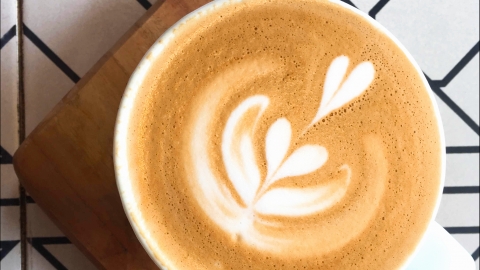Why does drinking more coffee make you feel more tired?
Generally, the reason why coffee may make you more tired could be related to low caffeine sensitivity, inappropriate timing of coffee consumption, excessive sugar intake, the body's adaptation to caffeine, dehydration, and other factors. The analysis is as follows:

1. Low caffeine sensitivity: Individuals vary in their sensitivity to caffeine. Some people are highly sensitive to caffeine, where even a small amount can produce a noticeable alerting effect; while others are less sensitive and may not experience significant alertness even after consuming larger amounts of caffeine.
2. Inappropriate timing of coffee consumption: Caffeine metabolism and its effects have a certain time window in the body. Drinking coffee too late may cause caffeine to still be active at night, affecting sleep quality. Sleep deprivation then leads to daytime drowsiness.
3. Excessive sugar intake: Many coffee beverages contain added sugar or sweeteners. Consuming excessive sugar can lead to a rapid increase in blood glucose levels, followed by a quick decline. These fluctuations in blood sugar may cause fatigue, as the body may feel a lack of energy when blood sugar levels drop.
4. The body has adapted to caffeine: Long-term and excessive caffeine intake may cause the body to develop tolerance to caffeine, thereby reducing its alerting effect. If a person regularly drinks coffee, they may require more caffeine to achieve the same level of alertness.
5. Dehydration: Caffeine acts as a diuretic and may lead to dehydration. Dehydration can make a person feel fatigued and drowsy. Therefore, if adequate water is not replenished after drinking coffee, fatigue may be exacerbated. To maintain the body's water balance, it is recommended to drink plenty of water alongside coffee consumption.
In daily life, while drinking coffee, it is also important to consume sufficient water or other non-caffeinated beverages to maintain proper hydration.




